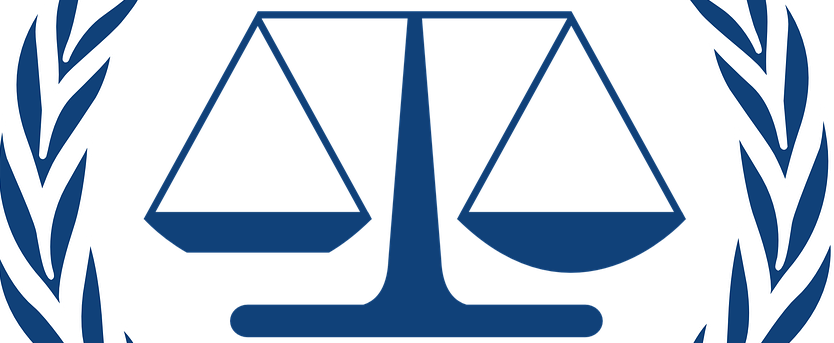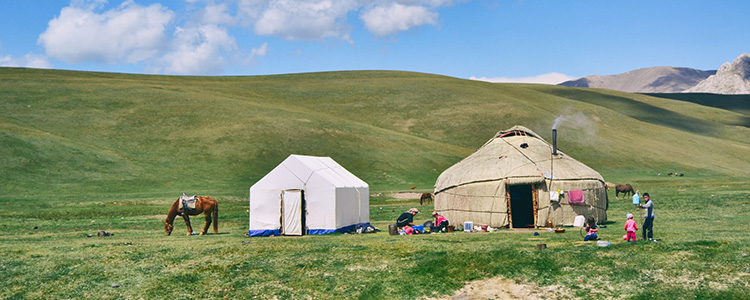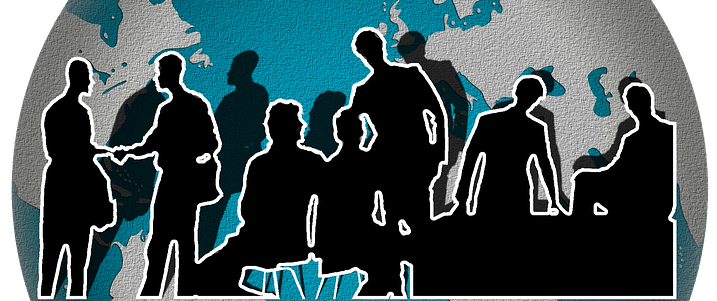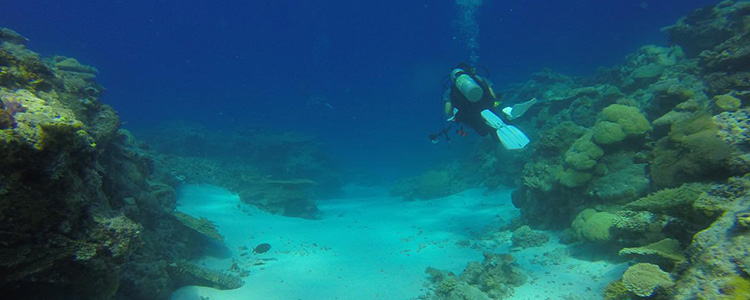Medical passport: what is it, and should you take it with you on a trip or while backpacking?
What is a medical passport?
- A medical passport is a document (digital or on paper) that contains important medical information. Think of your blood group, allergies, medication use, vaccination status, any conditions and contact details of doctors or family.
- It is also a means of proof to carry medication with you, so that you do not have any problems at customs.
What can you use a medical passport for when traveling and backpacking?
- As a means of communication in emergencies, especially if you can no longer speak yourself.
- It ensures that local doctors or care providers know:
- which medication you are taking.
- what they should or should not touch.
- who they should call, if you can no longer tell them.
- A medical passport can help with border controls, if you are carrying 'special' medication (think of medicines that fall under the Opium Act).
- It also helps prevent medical errors.
- Mandatory or strongly recommended for chronic illnesses or regular medication.
- It can also be important for claiming medical costs from your insurance.
When to take a medical passport on a trip or while backpacking?
Always take it with you when you:
- Have chronic conditions (diabetes, epilepsy, heart problems, etc.).
- Take medication regularly.
- Can get into allergic shock (e.g. nuts, insects, antibiotics).
- Travel to areas with limited medical facilities.
Also useful when you:
- Travel alone.
- Going to travel in remote areas.
- Take medication that falls under the Opium Act.
Where can you buy a medical passport locally in the world?
- Unfortunately, that is not possible. It is a case of arranging it in your home country before departure.
- In most countries, you can apply for a medical passport from your GP, the pharmacy or a specialist.







 STORIES
STORIES













































